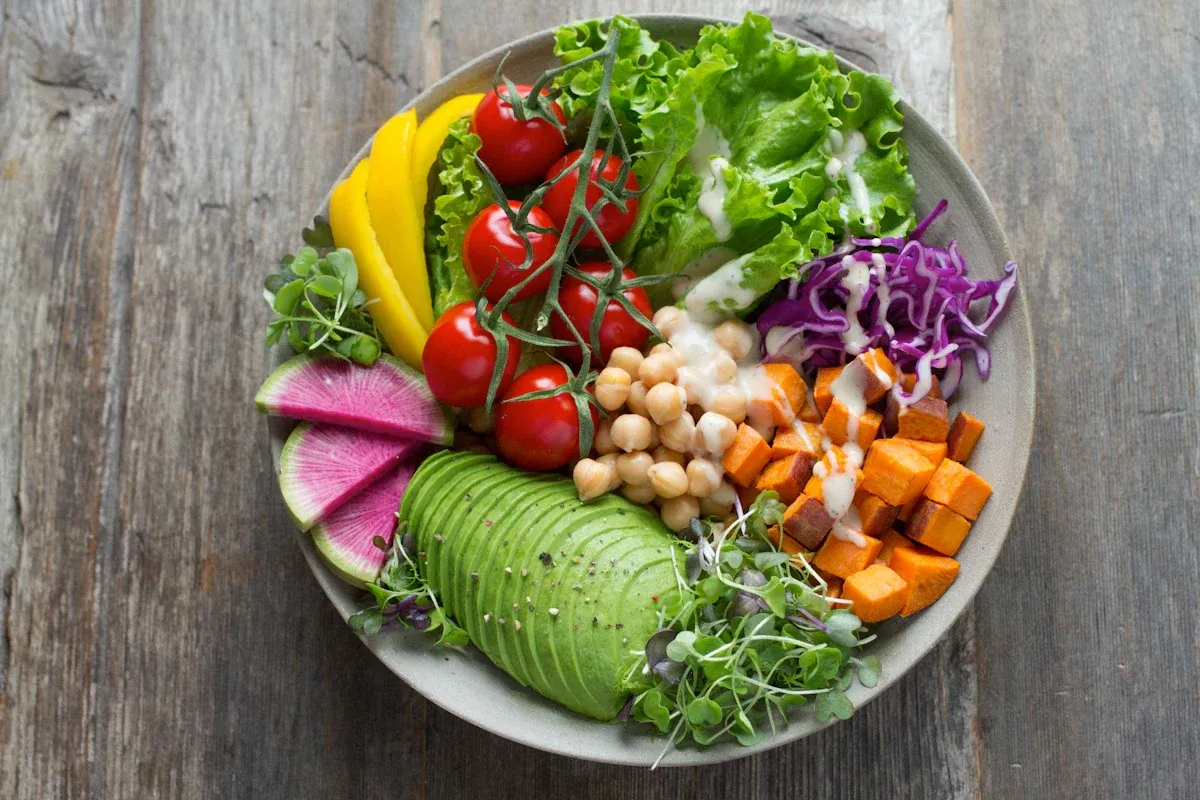Protein Intake Calculator
Protein is essential for building and repairing tissues, making enzymes and hormones, and supporting overall health. This calculator helps you determine your recommended daily protein intake based on your weight, activity level, and fitness goals.
Protein Content in Common Foods
Here's a guide to the protein content in 100 grams of various foods to help you meet your protein goals:
| Food | Protein (g per 100g) |
|---|
Understanding Protein Intake: A Comprehensive Guide
Protein is a crucial nutrient for our bodies. It's essential for building muscle, repairing tissues, and maintaining overall health. Let's dive into how you can meet your protein needs effectively.
Why Protein Matters
Protein is the building block of life. It's in every cell of your body. Your muscles, skin, and even your hormones rely on protein to function properly.
Without enough protein, you might experience:
- Muscle loss
- Slower recovery from workouts
- Weakened immune system
- Brittle hair and nails
How Much Protein Do You Need?
Your protein needs depend on various factors. Weight, activity level, and fitness goals all play a role. For you, at 85 kg and aiming to gain muscle, your recommended intake is 210.8 grams daily.
This translates to about 2.48 grams per kg of body weight. It might seem like a lot, but with proper planning, it's achievable.
Protein Sources: Animal vs. Plant
Protein comes from both animal and plant sources. Each has its benefits.
Animal Protein Sources
Animal proteins are complete proteins. They contain all essential amino acids your body needs.
Top animal protein sources include:
- Chicken breast (31g per 100g)
- Turkey breast (29g per 100g)
- Lean beef (26g per 100g)
- Salmon (22g per 100g)
Plant Protein Sources
Plant proteins can be just as effective. They often come with added fiber and nutrients.
Great plant protein sources include:
- Lentils (9g per 100g cooked)
- Tofu (8g per 100g)
- Tempeh (19g per 100g)
- Quinoa (4g per 100g cooked)
Strategies to Meet Your Protein Goals
Meeting your protein goals doesn't have to be a chore. Here are some strategies to help:
1. Spread It Out
Don't try to get all your protein in one meal. Spread it throughout the day. Aim for 20-30 grams of protein per meal.
2. Start Strong with Breakfast
Begin your day with a protein-rich breakfast. Try eggs, Greek yogurt, or a protein smoothie.
3. Snack Smart
Choose protein-rich snacks. Nuts, cheese, or a protein bar can help you meet your goals.
4. Post-Workout Protein
After exercise, your muscles are primed for protein. Have a protein shake or a high-protein meal within an hour of working out.
5. Plan Your Meals
Meal planning can ensure you're getting enough protein. Prepare meals in advance to stay on track.
Protein Supplements: Yes or No?
Protein supplements can be helpful, especially if you struggle to meet your needs through food alone. However, they're not necessary for everyone.
Types of protein supplements:
- Whey protein: Fast-absorbing, great for post-workout
- Casein protein: Slow-absorbing, good for before bed
- Plant-based proteins: Options for vegans and vegetarians
If you choose to use supplements, look for high-quality products with minimal additives.
Common Protein Myths Debunked
Let's clear up some common misconceptions about protein:
Myth 1: More Protein is Always Better
While protein is important, excessive intake isn't necessary. Your body can only use so much at once.
Myth 2: Plant Proteins are Inferior
Plant proteins can be just as effective as animal proteins when consumed in the right combinations.
Myth 3: Protein Alone Builds Muscle
Protein is crucial for muscle growth, but it needs to be combined with proper exercise and overall nutrition.
Potential Risks of High Protein Intake
While protein is essential, excessive intake can have drawbacks:
- Kidney strain: High protein diets may stress the kidneys in some individuals.
- Digestive issues: Too much protein can lead to constipation or diarrhea.
- Weight gain: Excess protein can be stored as fat if not used by the body.
Always consult with a healthcare professional before drastically increasing your protein intake.
Balancing Protein with Other Nutrients
Remember, protein is just one part of a balanced diet. Don't neglect other important nutrients:
- Carbohydrates: Provide energy for your workouts
- Healthy fats: Essential for hormone production
- Fiber: Aids digestion and keeps you feeling full
- Vitamins and minerals: Support overall health and recovery
Tracking Your Protein Intake
Keeping track of your protein intake can be helpful, especially when starting out. Use a food diary or a nutrition app to log your meals.
Tips for accurate tracking:
- Measure your portions
- Read food labels carefully
- Be consistent in your tracking
Adjusting Your Protein Intake
Your protein needs may change over time. Factors that might require adjusting your intake include:
- Changes in activity level
- Aging
- Pregnancy or breastfeeding
- Illness or injury
Regularly reassess your protein needs and adjust accordingly.
Conclusion: Making Protein Work for You
Meeting your protein goals is achievable with the right approach. Remember these key points:
- Understand your individual protein needs
- Choose a variety of protein sources
- Spread your intake throughout the day
- Consider supplements if needed, but focus on whole foods
- Balance protein with other nutrients
- Track your intake and adjust as necessary
By following these guidelines, you'll be well on your way to meeting your protein needs and supporting your fitness goals.
Remember, nutrition is just one part of the equation. Combine your protein intake with regular exercise and adequate rest for the best results. Here's to your health and fitness journey!














